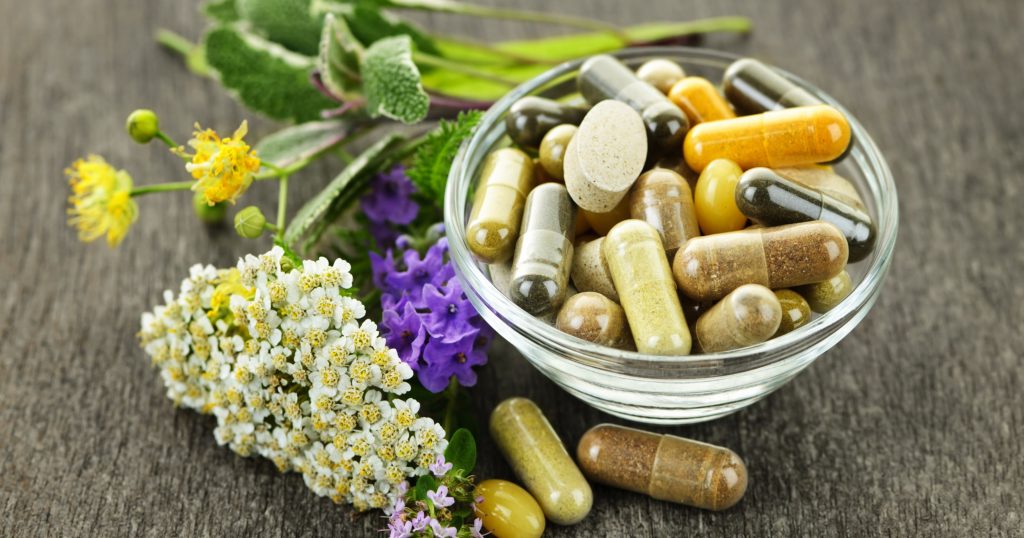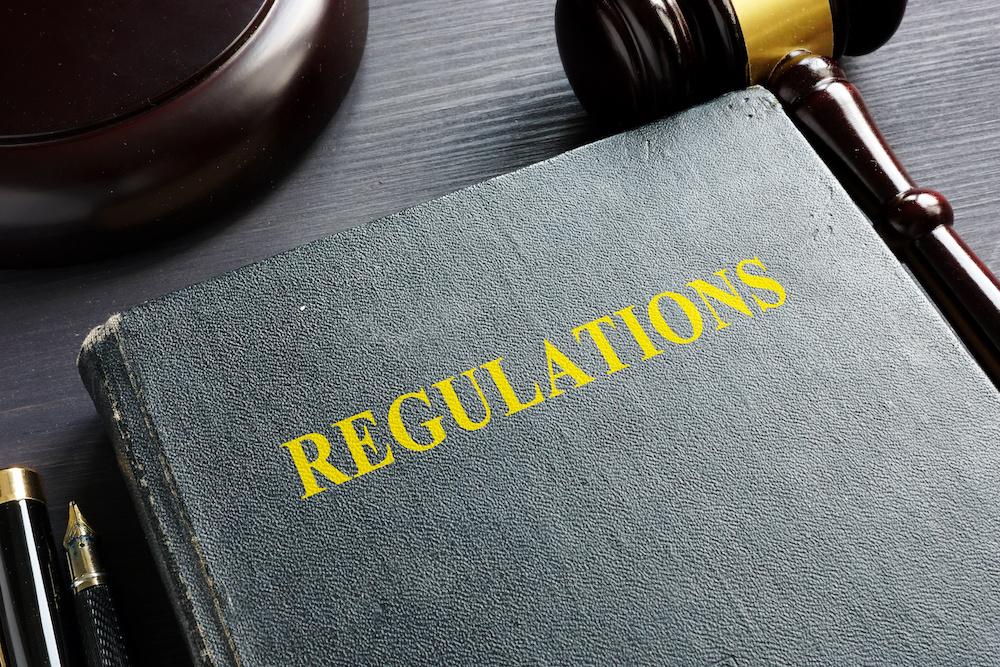
Planning to export your local product? Awesome. But before it lands in a buyer’s hands overseas, it has to pass through something stricter than customs: international health standards.
Whether you’re exporting herbal drinks, packaged snacks, skincare, or spices—compliance is non-negotiable. Here’s what local producers need to know to pass the test and go global.
🧪 Why Health Compliance Matters
- Avoid rejected shipments and import bans
- Build buyer trust and retail partnerships
- Access premium markets like the EU, US, and Japan
- Ensure consumer safety, boosting long-term brand reputation
🌍 Key International Standards You May Need
| Region/Country | Common Standards / Agencies |
|---|---|
| USA | FDA (Food & Drug Administration) |
| European Union | EFSA (European Food Safety Authority), CE labeling |
| Canada | CFIA (Canadian Food Inspection Agency) |
| Japan | Ministry of Health, Labour and Welfare |
| Middle East | GCC Standardization Org (GSO), Halal |
| Global | ISO, HACCP, Halal, Organic (US/EU) |
🔍 Tip: Each product category (food, supplements, cosmetics) has its own rules—don’t assume one certificate fits all.
📋 General Requirements to Expect
✅ 1. Safe Ingredients List
- Check if your ingredients are approved in the target country
- Avoid substances restricted or banned abroad
- Use scientific names in documentation when needed
✅ 2. Clean & Controlled Production
- Follow GMP (Good Manufacturing Practices)
- Record sanitation procedures, storage temp, hygiene routines
- Consider getting HACCP or ISO 22000 certification
✅ 3. Proper Labeling
- Must include:
- Ingredients (with allergens flagged)
- Nutritional info (for food/beverages)
- Expiry date and batch code
- Manufacturer contact + country of origin
- Translate label into the target market’s language (e.g., French for Canada)
✅ 4. Lab Testing & Documentation
- Many countries require:
- Microbiological testing (bacteria, mold, etc.)
- Heavy metal or pesticide residue testing
- Active compound analysis (for herbal/supplements)
🧪 Work with a certified lab—often local labs already have international credibility.
✅ 5. Certifications
- Halal / Kosher (if needed by market)
- Organic (USDA, EU, etc.)
- Health/supplement registration (e.g., FDA notice for supplements)
📦 Export Checklist: Are You Ready?
✅ Clean production space
✅ Valid product lab test results
✅ Proper labeling in the target language
✅ Clear product documentation (SDS, CoA, MSDS if applicable)
✅ Necessary certifications (Halal, Organic, FDA notice, etc.)
✅ Export permit or product registration (if required)
🌐 Bonus: Use These to Speed Things Up
- Export-ready packaging: use food-grade, tamper-proof, and labeled materials
- Barcode (EAN/UPC): useful for retail entry abroad
- Digital Product File (PDF kit): contains label, CoA, test results, ingredients, brand story—great for buyers and customs officials
Conclusion
Meeting international health standards might seem daunting—but it’s also a huge brand asset. It shows that you’re serious, safe, and scalable. And once your product passes those gates, the global market is yours to explore.
Better safe, certified, and shipped than sorry. 🌍🚚



